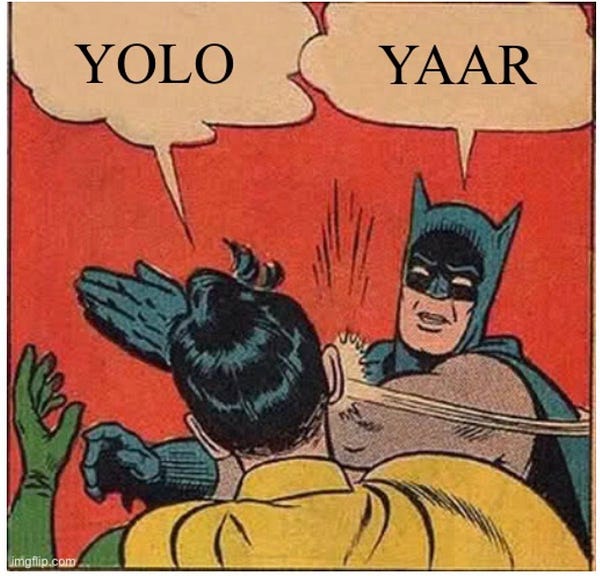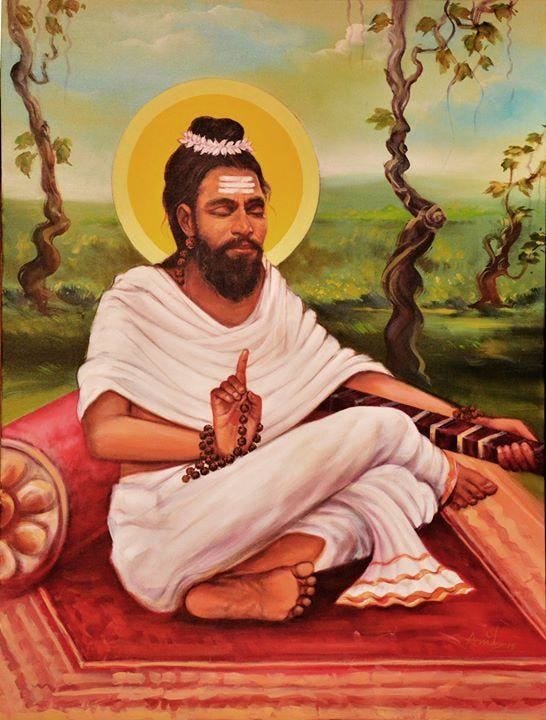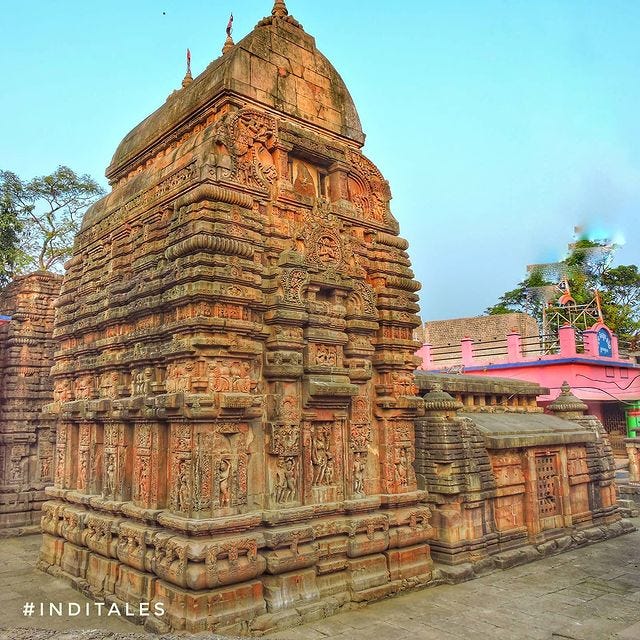Welcome to Eternal Path Musings, a newsletter geared towards content that educates, informs, and inspires the Modern Hindu!
If you’re new here, we recently celebrated our one-year birthday - check out our “Week 52” issue here.
To read previous issues, click this link.
Forward widely and have your friends, family, and congregants sign up here!
Philosopher Highlight: Abhinavagupta
Abhinavagupta was a Kashmiri Shaivite Hindu philosopher who lived in the 10th and 11th centuries C. E. and one of the most prolific Hindu intellectuals of that era. Born in a Brahmin family in Srinagar sometime in the 10th century, he was descendant of Atrigupta, a Hindu religious figure invited by King Muktapida Lalitaditya to settle in Kashmir in the 8th century. He was raised mostly by his father, Narasimhagupta, as his mother Vimala unfortunately passed away while Abhinavagupta was quite young.
Abhinavagupta’s family were staunch Shaivites and his first spiritual guru was his father Narasimhagupta. His formative early religious experience was the centered around Lord Shiva’s shaktipat. Soon after he searched for and studied under gurus of a variety of sampradaya, mentioning 20 different gurus in his works and under those gurus he studied various Hindu texts, philosophies, praxis, meditation, and art forms.
For Abhinavagupta, one of the key aims of life was pratyaksha, or direct experience of Lord Shiva. He never married, choosing to devote his life purely to the exploration of knowledge, and was widely regarded as a mahasiddha, a person that has developed special powers from intense spiritual practice. Later poets and writers would claim Abhinavagupta as an avatar of Bhairava-natha Shiva. Abhinavagupta, however, is most known for his prolific writings of over 40 texts; 21 of which are available and 23 or so of which are mentioned in other texts but not found yet. These texts were written in Sanskrit.
His greatest work is widely considered to be the Tantraloka (“Light of Tantra”), a 37-chapter book outlining his encyclopedic knowledge around the tantras. It is considered one of the most advanced texts of Trika Kashmiri Shaivism. An English translation is available here. Below is a sample verse:
To read more about Abhinavagupta, check out Abhinavagupta.org and Sanskrit-Trikashaivism for content on his texts and life. Additionally, Archive.org currently has PDF versions of the books “Abhinavagupta An Historical And Philosophical Study“ by KC Pandey as well as Abhinavagupta’s commentary on the Bhagavad Gita on their site available for download.
Meme Highlight: YOLO vs YAAR




